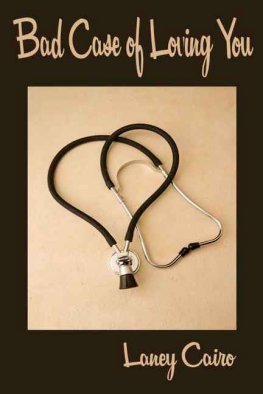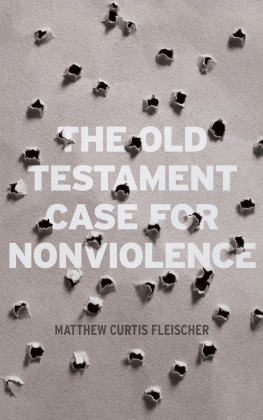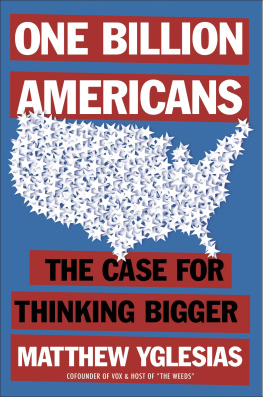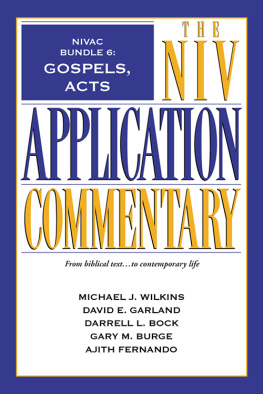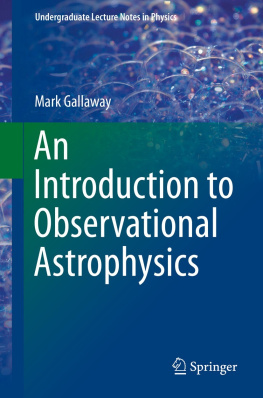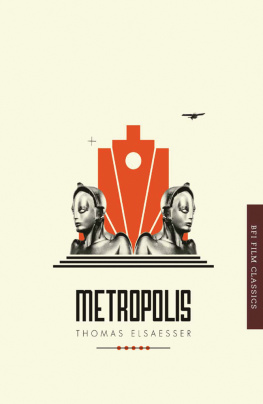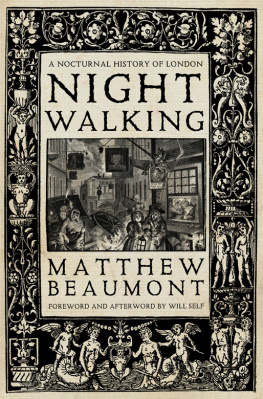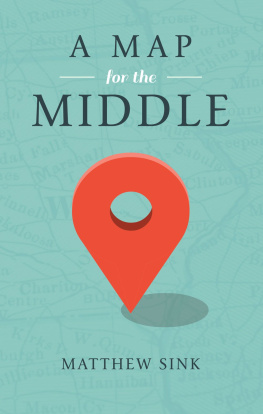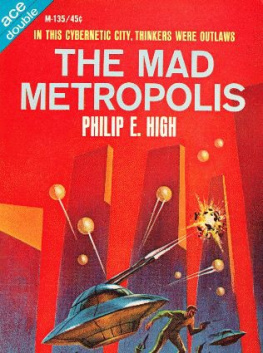Matthew Gallaway - The Metropolis Case
Here you can read online Matthew Gallaway - The Metropolis Case full text of the book (entire story) in english for free. Download pdf and epub, get meaning, cover and reviews about this ebook. year: 2010, publisher: Crown, genre: Art. Description of the work, (preface) as well as reviews are available. Best literature library LitArk.com created for fans of good reading and offers a wide selection of genres:
Romance novel
Science fiction
Adventure
Detective
Science
History
Home and family
Prose
Art
Politics
Computer
Non-fiction
Religion
Business
Children
Humor
Choose a favorite category and find really read worthwhile books. Enjoy immersion in the world of imagination, feel the emotions of the characters or learn something new for yourself, make an fascinating discovery.

- Book:The Metropolis Case
- Author:
- Publisher:Crown
- Genre:
- Year:2010
- Rating:3 / 5
- Favourites:Add to favourites
- Your mark:
- 60
- 1
- 2
- 3
- 4
- 5
The Metropolis Case: summary, description and annotation
We offer to read an annotation, description, summary or preface (depends on what the author of the book "The Metropolis Case" wrote himself). If you haven't found the necessary information about the book — write in the comments, we will try to find it.
The Metropolis Case — read online for free the complete book (whole text) full work
Below is the text of the book, divided by pages. System saving the place of the last page read, allows you to conveniently read the book "The Metropolis Case" online for free, without having to search again every time where you left off. Put a bookmark, and you can go to the page where you finished reading at any time.
Font size:
Interval:
Bookmark:
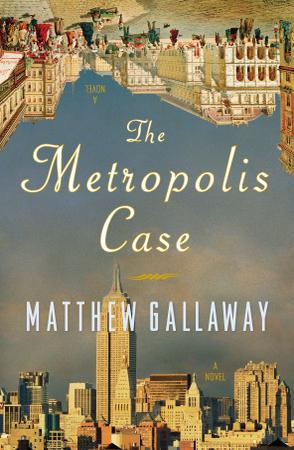
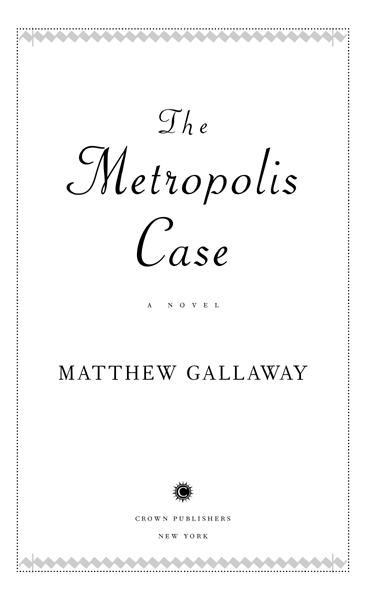
This is a work of fiction. Names, characters, places, and incidents either are the product of the authors imagination or are used fictitiously. Any resemblance to actual persons, living or dead, events, or locales is entirely coincidental.
Copyright 2010 by Matthew Gallaway
All rights reserved.
Published in the United States by Crown Publishers, an imprint of the Crown Publishing Group, a division of Random House, Inc., New York.
www.crownpublishing.com
C ROWN is a trademark and the Crown colophon is a registered trademark of Random House, Inc.
Translation of the Liebestod from Tristan and Isolde used with kind permission of Christopher Bergen.
Library of Congress Cataloging-in-Publication Data
Gallaway, Matthew.
The Metropolis case : a novel / Matthew Gallaway. 1st ed.
p. cm.
1. OperaFiction. 2. ImmortalityFiction. 3. Wagner, Richard, 18131883. Tristan und IsoldeFiction. I. Title.
PS3607 A415515M48 2010
813.6dc22 2010013576
eISBN: 978-0-307-46344-9
v3.1
FOR STEPHEN
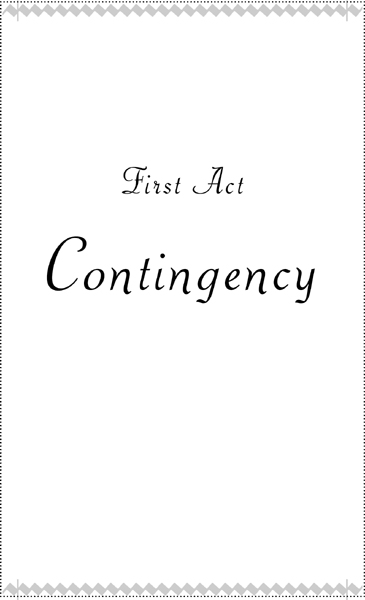
NEW YORK CITY, 2003 (via e-mail)
Snews!your elder brother has procured four tickets to the opera on the Saturday night of your visit next month AND invitations to the after-party at Demoiselles, an old and rather exquisite French restaurant not far from Lincoln Center. There will be champagne; there WILL be chocolate souffls. (Obviously M had a big hand in making this happen: youll be able to thank HER in person.) Were seeing Tristan and Isolde by Richard Wagner, which means I should fill you in on a few things starting now, to prepare you. Youll be happy to note (as I read somewhere, or possibly imagined) that certain listeners who attended the operas premiere 130-something years ago did in fact GO INSANE and were shipped off to asylums in the Bavarian Alps with a diagnosis of Tristania. I can hear you muttering apocryphal in your Ph.D. voice, and while Im not inclined to disagree, insanity IS perhaps an understandable reaction if we put ourselves in the shoes of 19th-century listeners (always an interesting exercise at the opera, or at least the old ones) and consider the unprecedented volume of the orchestra (one of the largest ever assembled) combined with a complete absence of recorded sound to that point in historyi.e., NO WALKMEN?!and an equally unprecedented musical dissonance (except for perhaps a few tone poems by the supremely gorgeous and talented Franz Lisztwho by the way was Wagners father-in-law and whom he shamelessly ripped off both financially and artistically, in the way things were done back then)I DIGRESS.
First the easy stuff: on its most superficial level, Tristan and Isolde is about an affairsurprise!between T and I that unfolds as shes about to be married to his uncle (uh-oh is right), after which scandal and tragedy ensue, THE END. Whats more interesting is that their love, in addition to being illicit, is very much entwined with an unceasing torment and longing (represented by the day or more broadly life), not just for each other but for a more permanent form of relief (otherwise known as the night or death). BEAR WITH MEITS NOT AS DEPRESSING AS IT SOUNDS! Or even if it is, it doesnt matter because the musicdespite possessing very little that might be considered a tuneis lush and restless and revolutionary to the extent that, like so many great works of art (leaving aside the question of exactly which ones), it encapsulates much of what came before and predicts much of what followed. Or to put it in more musico-historical terms (whatever, I know its not a word), its essentiallyand perhaps shockingly, for those of us who get excited to find traces of ourselves in such thingsmodern for its failure to ever quite resolve, or at least until the very end, by which pointif its a good performance, which I expect given the parties involvedyoull be reduced to a spoonful of quivering jelly. The piece is in a state of constant flux, with one atonal chord giving way to the next and then to the next and so on and so on and so on, like youre listening to the aural equivalent of one of those time-lapse photography projects of an endlessly mutating landscape. My own theory (by which I mean I may or may not have also read this somewhere) is that Tristan contains the seeds of modern abstraction and psychology that ultimately defined so much of the twentieth century, i.e., its no accident that in the wake of Tristan (1865) you have impressionism (Elstir!), cubism, Duchamp (specifically Nude Descending a Staircase, No. 2), Freud and Jung and V. Woolf and Einstein (thats for you, Professor Vallence), and eventually, I dont know, the Smiths? (Hey, I never claimed to be an academic!)
Which is not to say Tristan will hammer you over the headfor most contemporary (such a horrible word, ruined by furniture catalogs and bad radio stations) listeners, its a more subtle form of annihilation. (Speaking of which, I ordered you a copy: listen to it, ideally more than onceSEE ABOVE, REGARDING RISK OF INSANITY.) Take note of the instrumental section at the beginning (the famous first-act prelude), the quiet call-and-response of the cellos and winds, the pizzicato burst of strings that will (after youve acclimated) strangely dictate the beat of your heart to match the languid tempo of the piece. And once youve listened a few times, I guarantee the music will start to infect you (but in a good way), so thatif youll allow me to play rock critic for a few secondsyoull start to hear Tristan echoed everywhere, in the beautiful, angry chaos of our beloved Velvet Underground, in the ethereal, tremulant white noise of My Bloody Valentine, or evenand perhaps more to the point, given where youll be stayingin the endless tides of traffic moving into and out of Manhattan along the West Side Highway, five hundred feet below my balcony in Washington Heights. You should also note that however difficult it may be for listeners to digest, its even MORE dangerous to sing; Tristan is the super-double marathon of operas, and its history, like that of Mt. Everest, is littered with the corpses (both literal and figurative) of those singers who made the mistake of attempting it too early in their careers, or lacked the proper training, didnt have the right kind of voice, orsaddest of allsimply expired under the weight of so much dissonant longing.
In practical terms, what all of this means is that you and C should absolutely, positively resist the temptation to plan anything on Saturday afternoon that doesnt involve napping, or at most lounging, because curtain is at 7:00 p.m., the opera is five hours long (I KNOW), and dinner wont be served until 1:00 a.m. or thereabouts. (Ive learned that most denizens of the opera house, like those of the seediest East Village punk-rock venues, are truly nocturnal, which perhaps explains some of my affinity for both?) Plan to wear whatever youd like as long as its fabulous (I offer in a half-ironic tone), but theres really no such thing as overdressing for the operaespecially on opening nightso when in doubt, DO NOT HOLD BACK. (By the way, Im also imposing a similar regimen on P, who is equally uninitiated and who will be joining us as MY date.) So brace yourself, little S, its going to be an evening you wont forget too soon; the curtain will rise to lead us to new lands from which welike so many before uswill return both destroyed and cleansed, knowing well never be the same! xoxo M
Font size:
Interval:
Bookmark:
Similar books «The Metropolis Case»
Look at similar books to The Metropolis Case. We have selected literature similar in name and meaning in the hope of providing readers with more options to find new, interesting, not yet read works.
Discussion, reviews of the book The Metropolis Case and just readers' own opinions. Leave your comments, write what you think about the work, its meaning or the main characters. Specify what exactly you liked and what you didn't like, and why you think so.

